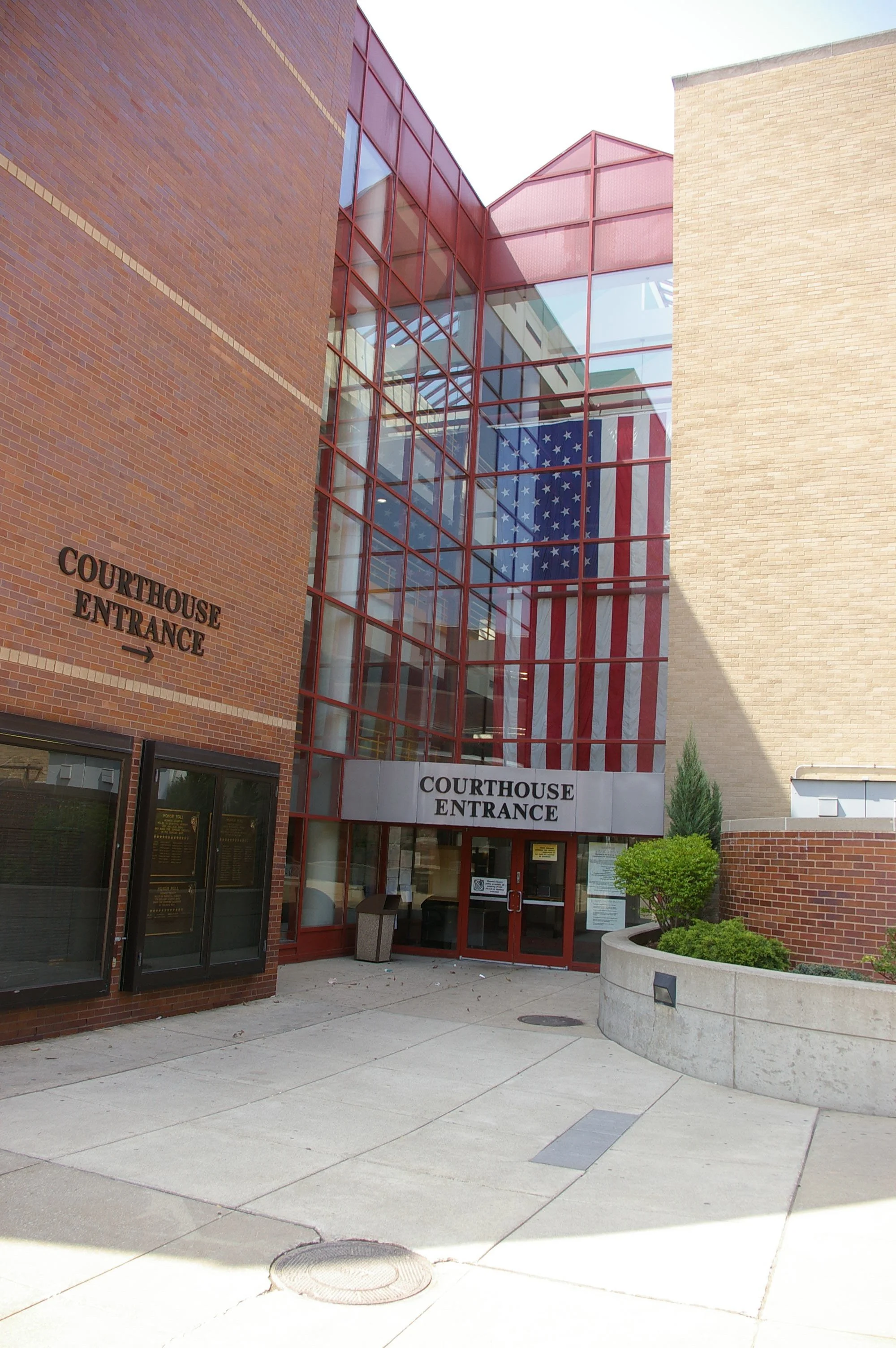Land Contracts & Leases
For real property owners and occupiers in Michigan, having well-drafted land contracts and leases is essential to prevent disputes. Consulting with an experienced real estate counsel can provide guidance on drafting agreements, understanding legal rights and responsibilities of both parties, and help to resolve disputes efficiently. Real estate transactions are subject to various legal requirements, and failure to comply can lead to complications. An attorney ensures that the land contract adheres to Michigan real estate laws and regulations.
Leases and land contracts are both legal agreements regarding real property. A land contract is a seller financed real estate sale arrangement, while a lease only contracts for temporary occupancy.
In Michigan, a lease and a land contract are both legal instruments governing the use and transfer of real property, but they each have distinct characteristics. A lease is a contractual agreement that grants a tenant the right to use and occupy a property for a specified period in exchange for rent payments. A land contract, also known as a "contract for deed" or "installment land contract," is a financing arrangement for the sale of real property. It allows a buyer to make installment payments directly to the seller, who retains legal title until the contract is fully satisfied. Similar types of disputes can arise during both of these legal arrangements.
Payment Disputes: Disagreements over the amount or timeliness of payments, interest, or other fees can lead to disputes. Clear terms in the contract or lease can help prevent future misunderstandings.
Maintenance and Repairs: Issues may arise regarding which party is responsible for specific maintenance tasks or repairs. Well-drafted agreements detail each party's ongoing responsibilities.
Default and Forfeiture: In land contracts, disputes may arise if a party defaults, leading to forfeiture proceedings. Often times a court order is required in order to clear title from a forfeited Vendee. Understanding the consequences and potential remedies is crucial.
Eviction and Lease Violations: Tenants violating lease terms or failing to pay rent may face eviction. Property owners must follow legal procedures, and tenants should be aware of their rights.
Property Condition: Disputes can occur if the property condition doesn't meet expectations. Clear expectations in the agreement and proper documentation can help resolve such issues.
Renewal or Termination: Failure to adhere to lease renewal or termination procedures can result in disputes. Both parties should understand and follow the outlined process.
400 Monroe - 7th Floor
Detroit, MI. 48226
(313) 224-5850
Monroe County Register of Deeds
51 South Macomb Street
Monroe, Michigan, 48161
(734) 240-7390
1200 North Telegraph Road,
Building 12 E,
Pontiac, MI 48341
(248) 858-0581
FAQs about Leases and Land Contracts in Michigan
Why should I use a real estate attorney for drafting of my leases and land contracts? Engaging a real estate attorney ensures that your leases and land contracts are legally sound, protect your interests, and comply with Michigan real estate laws. Our expertise can help prevent disputes and ensure a smooth transaction process.
What services do you offer for residential and commercial leases in Michigan?
Our services include drafting and reviewing residential and commercial leases, addressing the specific property needs of your property, and ensuring that all relevant legal considerations are taken into account. Our office can also assist with tenant communication, dispute resolution, as well as eviction and collection proceedings.
How can an attorney assist in the drafting and review of leases for my property?
We can help tailor leases to meet your property's unique requirements, address legal obligations, and ensure that terms are clear and enforceable. Our office has both facilitated successful real estate deals, as well as resolve property disputes, so we know what details to look for. Our goal is to protect your interests and minimize potential disputes.
What is the difference between a residential and commercial lease, and how does it impact me as a property owner?
Residential leases are for living spaces, while commercial leases are for business purposes. Understanding the differences in legal requirements, tenant rights, and obligations is crucial for property owners to navigate lease agreements effectively. Residential leases generally have imputed warranties on property owners.
How can I ensure that my lease complies with Michigan landlord-tenant laws?
Our legal team is well-versed in Michigan landlord-tenant laws. We ensure that your lease agreements adhere to these laws, protecting your rights as a property owner while providing a fair and legal framework for tenants.
What services do you provide for land contracts in Michigan?
Our services include drafting and reviewing land contracts, conducting due diligence on the property, negotiating terms, the closing and recording of documents, and guiding clients through the land contract process from start to finish.
How can an attorney assist in preventing disputes related to land contracts?
By drafting clear and comprehensive land contracts, we aim to prevent potential disputes. However, if conflicts arise, we provide litigation support, negotiation, and dispute resolution services to protect your interests. Our office is able to assist in getting you the Judgment of Possession needed to clear the title to your property after forfeiture.
What is the role of an attorney in litigation related to leases or land contracts?
In the event of disputes, our attorneys can provide representation in litigation. Whether it's a breach of contract, eviction proceedings, or other issues, we work to protect your rights and achieve favorable outcomes. After the resolution of a dispute, attorney assist in getting the Judgment of Possession necessary after land contract forfeiture to clear title.
How do you handle eviction proceedings for property owners in Michigan?
We guide property owners through the legal process of eviction, ensuring that all necessary steps are taken in compliance with Michigan eviction laws. Our goal is to handle evictions efficiently and effectively.
What steps can I take to address non-compliance with lease or land contract terms?
We assist property owners in addressing non-compliance issues by navigating legal avenues. This may include negotiating resolutions, pursuing legal remedies, or facilitating dispute resolution to achieve a favorable outcome.
How can I get started with your real estate attorney services for leases and land contracts in Michigan?
Contact us via phone or email to schedule an initial consultation. During this meeting, we'll discuss your property, specific needs, and legal objectives. We'll provide insights into our services and develop a tailored plan to address your unique requirements. Feel free to reach out if you have any additional questions or to schedule a consultation. We are dedicated to providing comprehensive legal solutions to property owners across Michigan, ensuring that leases and land contracts are legally sound and effectively protect your interests.
Please note that this FAQ is intended as a general guideline and should not be considered legal advice. If you have specific questions or need legal assistance related to a lease or land contract, it is advisable to consult with an experienced attorney who specializes in real estate matters.
-

Buying and Selling Real Estate “As Is” - What You Should Consider Before Signing
The "as is" clause in real property purchase agreements is a crucial provision that significantly impacts the rights and responsibilities of both buyers and sellers. Often viewed as a double-edged sword, this clause can provide flexibility and protection for sellers while posing potential risks for buyers. This article explores the implications of the "as is" clause and highlights what both parties should carefully consider when entering into real estate transactions.
-

Protecting Your Investment: The Legal Benefits of Using an LLC or Corporation for Rental Properties
One strategy that many real estate investors employ is the use of a Limited Liability Company (LLC) or a corporation to hold and manage their rental properties. In this blog post, we'll explore the legal benefits of placing your rental properties within an LLC or corporation.
-

Joint Real Property in Michigan: Ownership Overview
In Michigan, joint real property ownership can take various forms, each with its unique legal implications and considerations. Some property owners seek joint ownership for estate planning purposes, and others for liability protection. In this article, we'll delve into the most common types of joint real property ownership in Michigan to help you better understand this complex legal landscape.




